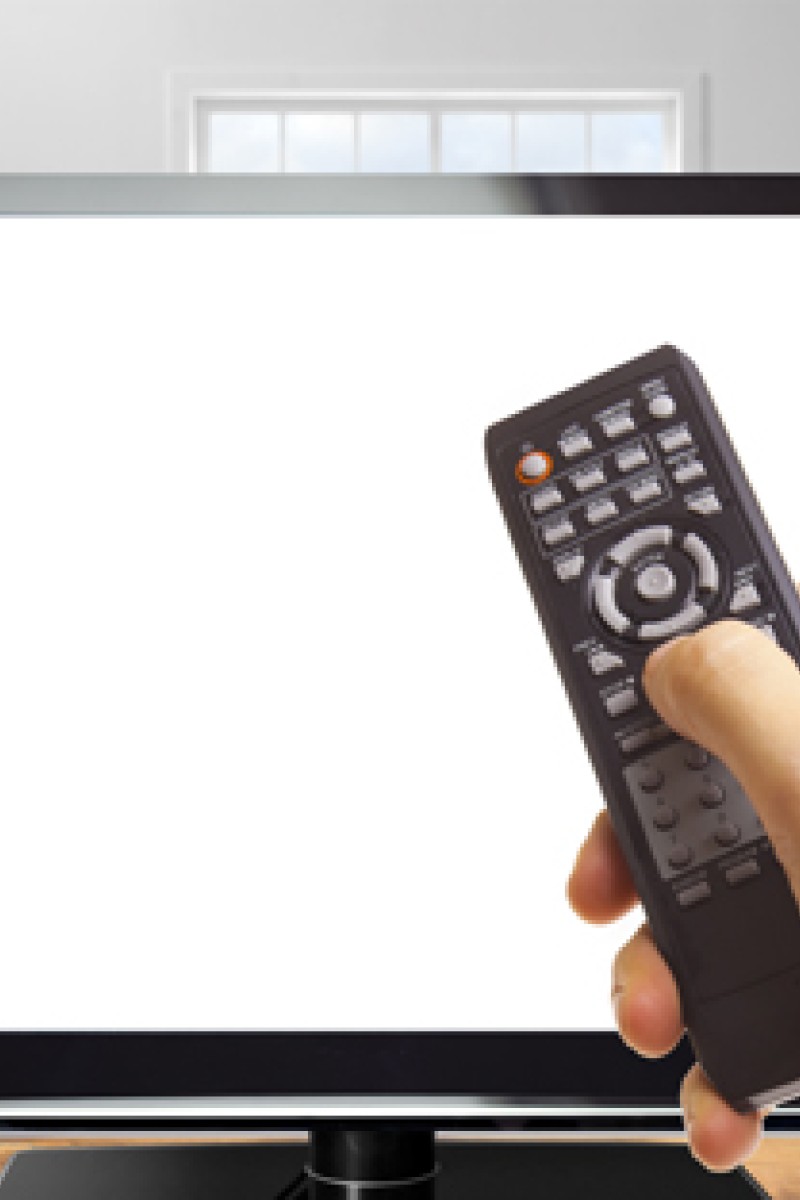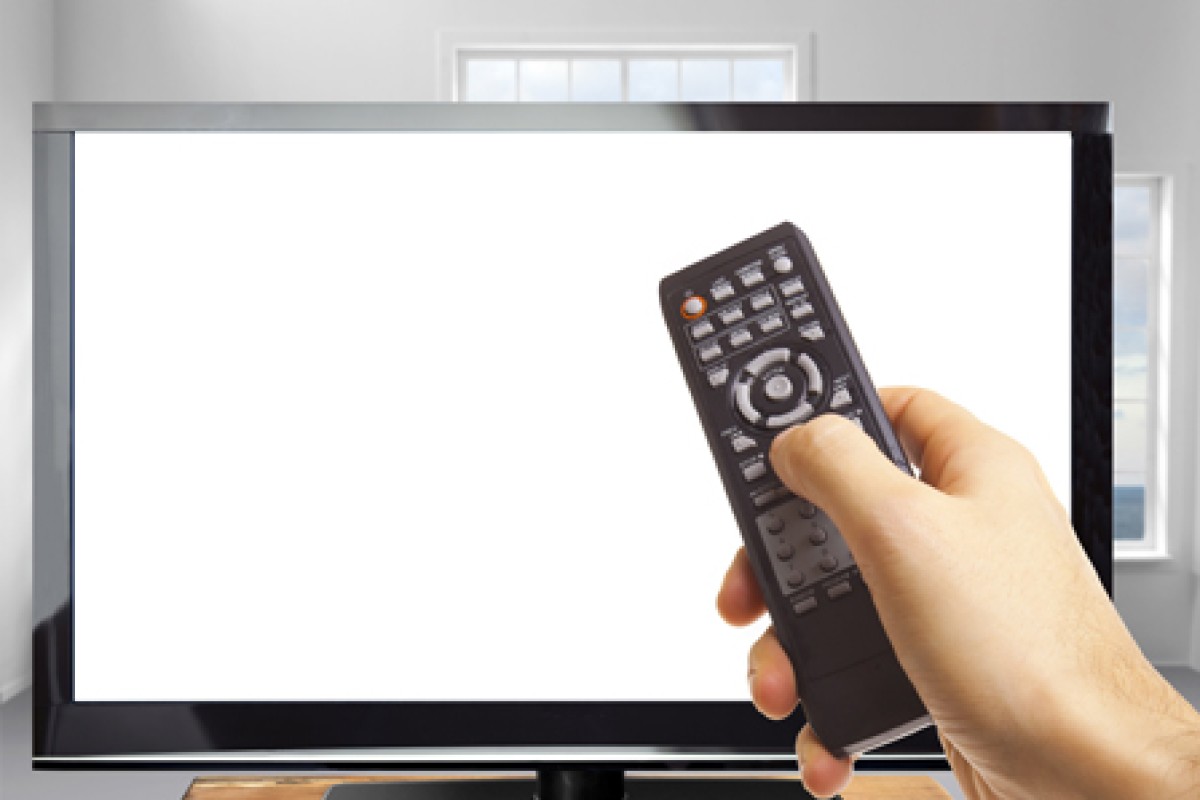
The changing screen scene

The past decade, however, has seen the integration of the internet into everyday life. Content can be accessed whenever and wherever, with providers such as iTunes and YouTube, yet television is still a scheduled certainty. Viewers have to sit on their couches at 8pm every Thursday to watch their favourite shows, and in an age where the internet is so popular, this creates numerous problems.
Firstly, there is the matter of time. Society has also become a lot more fast-paced, and sitting down at the same time every week is not always possible. Sure, there are post-broadcast catch-up services, but this leads to the following problem: popular shows have a global viewership.
Global audiences are great, but for the most part, this means a long wait for content to become available overseas. It's no surprise, then, that shows such as HBO's Game of Thrones are heavily pirated. The show was the most pirated in 2012, with three million downloads per episode, according to TorrentFreak.
To counter rampant piracy, HBO is releasing episodes overseas within seven days of their American broadcast, though this does little to resolve the fact that people want things immediately.
What does this mean for the weekly 8pm Thursday sitting? Not much yet, though Netflix's House of Cards begs to differ. The US$100 million show has caused quite a stir in entertainment publications for several reasons. Firstly, Netflix - a leading internet television network - bypassed cable operators and released the show on its own. Secondly, it released all 13 episodes of the first season of House of Cards at once last month. Viewers could watch the show wherever and whenever they wanted, and could even "binge-view" the entire season in one sitting.
Netflix isn't the only company with this idea. Amazon and Microsoft are also looking at similar options. But, at the moment, this is just a ripple in a vast, cable-dominated ocean, where corporations like Comcast and Time Warner exercise near-dominant control over how content is broadcast.
Could another "giant" shake things up? Apple could arguably do that, given its experience with the music industry. Cable companies, unlike record labels previously, have no need for Apple, and thus are holding their ground in negotiations. Time Warner even posted a US$1.2 billion profit in the fourth quarter of 2012. So while the much-rumoured Apple TV is an area of "intense interest", it may still be a long way off.
The outlook of television is messy, but it will certainly change in the years to come. Hopefully sooner rather than later.